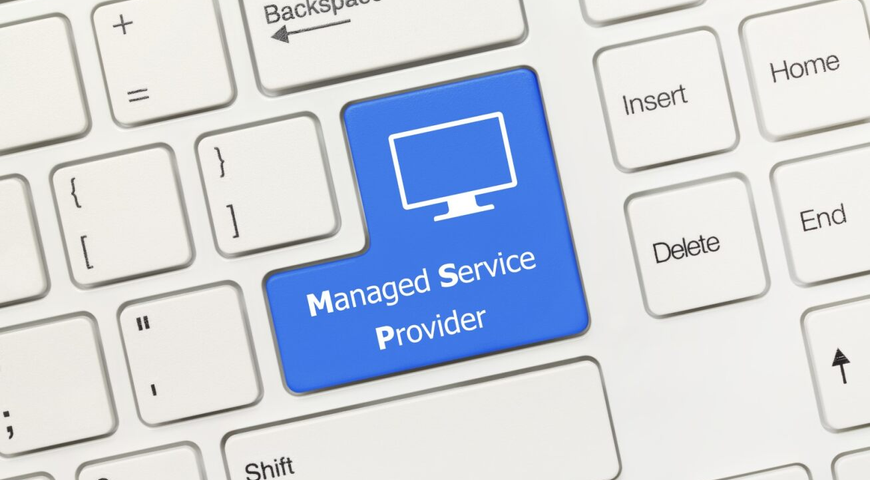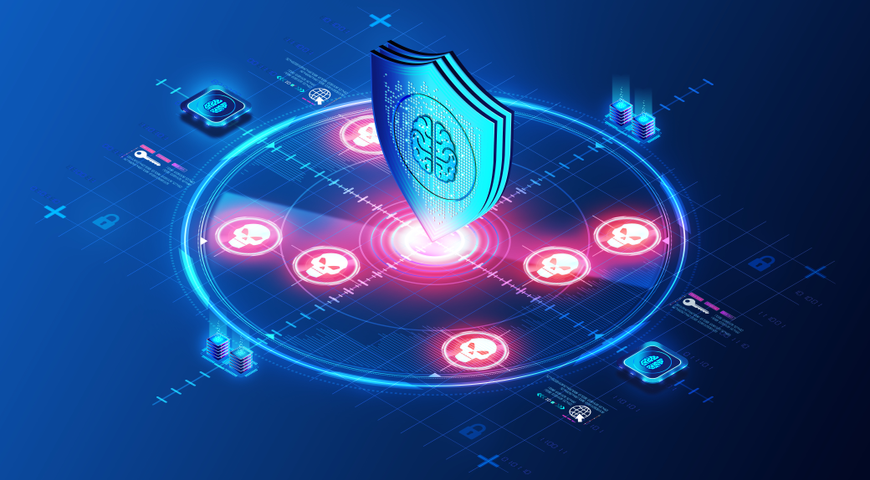
The internet has become integral to our daily lives and can be fantastic for teens and children. They learn on the go, watch their favorite cartoon, talk online with friends, or play online games. Nowadays, our lives and those of our teens are mostly online. Although the internet provides some great benefits, it also can be dangerous, especially for the vulnerable teenage demographic.
Internet Safety for Teens: Reasons To Consider For Taking Measures
Internet safety for teens has never been more critical than it is today. As technology advances and our digital footprint expands, teenagers are exposed to an ever-growing range of online threats. These include cybercrime and threats, such as phishing, cyberbullying, online predators and identity theft.
Based on research from BCG, we know that as many as 93% of children ages 8 to 17 are on the Internet. Nearly three out of four respondents said they had experienced at least one cyber threat. And only 52% of children feel safe online — which is just a bit more than half of all the children of the world who have access to the internet. You should protect your children online and know what can be done.
When seeing those statistics, we know that we must focus on internet safety for teenagers and educate them about online risks and threats. This comprehensive guide aims to help teens and parents keep a secure online presence. We all want a safe online environment where teenagers can explore, learn and thrive without any risks.
Understanding Online Risks
To learn better about internet safety for teens, we need to learn about the online risks as well. Online risks and threats evolve, especially now that more teenagers and children will gain access to the internet and be active online. Cyberbullying is one of those threats that affects countless teenagers worldwide. It differs from traditional bullying, as cyberbullies use smartphones, social media, and online forums to harass, humiliate and intimidate others.
Similar to traditional bullying, cyberbullying to teens and children can be catastrophic. It can lead to anxiety, depression and even suicide. Victims feel isolated and defenseless because it can happen anonymously.
In addition to cyberbullying, you have online predators — individuals who target teens for harmful purposes such as fraud and sexual exploitation. They try to build trust and manipulate their victims by pretending to have the same interests.
Make sure you review these internet safety tips for teens on how to spot online predators:
- Very personal conversations early in the relationship
- Flattery
- Trying to keep the online relationship a secret from family and friends
- Asking all the time to meet in person
- Offering money, gifts, or other incentives in exchange for favors
Whenever something happens like this, make sure they feel safe to reach out to you as a parent and let them know that they should not share personal information without your permission.
Another risk that teens face online is the exposure of their personal information. They could share too much information on social media or other platforms, leading to identity theft, cyberstalking and location tracking. Yes, identity theft can happen to your children; think of stolen social security numbers or other information allowing thieves to open credit cards and take loans under a child’s identity. Also, this personal information can be sold on the dark web — leading to even more significant repercussions. Child identity theft is not well known, but it is something for parents to be aware of.
To prioritize online safety for teens, we must educate them about the importance of privacy settings on social media and other platforms, such as restricting access and connecting online only to people they know.
Internet Safety Tips For Teens
• Create strong and unique passwords — at least ten characters, with numbers, upper and lowercase letters and symbols, otherwise they are too easy to crack by cybercriminals.
• Be cautious with social media profiles and posts — teens should take care when sharing personal information online, as oversharing can lead to privacy breaches and potential risks from strangers.
• Avoid suspicious websites and downloads — to make sure they are visiting authentic website and downloads. Suspicious downloads can have malware and that can compromise their devices.
• Recognize and avoid phishing scams — explain and make them aware of phishing attacks. Teach them to not click on suspicious links or share sensitive information.
• Public Wi-Fi caution — using public Wi-Fi is convenient although it can be vulnerable to hacking.
• Protect your devices — make sure to have antivirus software installed on their devices to protect them against malware and viruses.
• Protect your personal information — remind teens to be selective about sharing personal information and protect their personal data.
Managing online relationships
Relationships are always a challenging topic for teens. Sometimes they don’t want to talk about it, and sometimes they only speak about the other person because they are so in love. Although it is lovely to see your teen growing up, it can also bring certain dangers — as they might be exploring new ways of interacting. Especially now, every new device has a camera, and intimate photos or videos could be shared. Next is being respectful, and not only in real life; but also when you communicate online with someone else.
Your teen must know they should not be ashamed of reporting inappropriate content or behavior. You are there trying to help and keep them safe in any way you can with this digital way of living. Their communication is critical.
Communicating With Parents Or Guardians
Communication is vital — not only in relationships, but in general. Encouraging open conversations with your teen about school, sports, personal challenges, and online activities is essential. This way, you can quickly determine if something is happening and set rules and limits for specific internet usage. You should ensure your teen is safe online and be there for them when they need you.
Resources And Tools For Online Safety For Teenagers
If you want to put protection in place, make sure you have a look at the following parental control apps: Qustodio, Bark, and Net Nanny. With those apps, you can monitor screen time and content, block specific websites and apps, and protect your teen’s safety online.
Next to parental control apps, a cyber protection solution is also needed to provide safety for teens online. We recommend Acronis Cyber Protect Home Office, the #1 personal cyber protection solution with secure backup and Active Protection to protect against viruses, ransomware, and more. It ensures all your loved ones are safe, your personal data is secure, and only you can access it.
Conclusion
As we live in a digital world and most of our daily activities are online, let us remember that internet safety for teens is a shared responsibility. Get the complete active protection your family needs against online risks such as cyberbullying, online predators and privacy issues so that teenagers can explore, learn and thrive without unnecessary risks. Together, we can build a digital world that offers boundless opportunities while protecting our teenagers from harm.
Most Frequently Asked Question About Internet Safety For Teens
1. Why is internet safety crucial for teenagers?
a. It is crucial because they are more connected than ever before and are exposed to online risks.
2. What are the top five internet safety rules for teens?
a. Using strong passwords, being cautious with social media and posts, avoiding suspicious websites and downloads, recognizing and avoiding phishing scams and protecting your devices and personal information.
3. How can teens protect their personal information online?
a. By adjusting their privacy settings, limiting what they share, and avoiding oversharing. Personal and sensitive information should never be shared online.
4. What are the most common risks for teenagers on the internet?
a. Cyberbullying, online predators, phishing scams, identity theft, and inappropriate content are the most common risks for teenagers online.
About Acronis
A Swiss company founded in Singapore in 2003, Acronis has 15 offices worldwide and employees in 50+ countries. Acronis Cyber Protect Cloud is available in 26 languages in 150 countries and is used by over 20,000 service providers to protect over 750,000 businesses.




